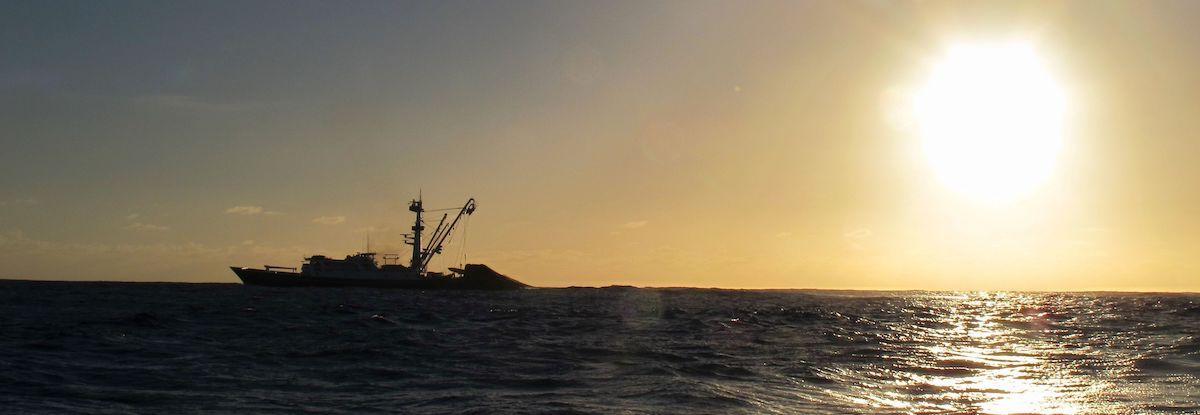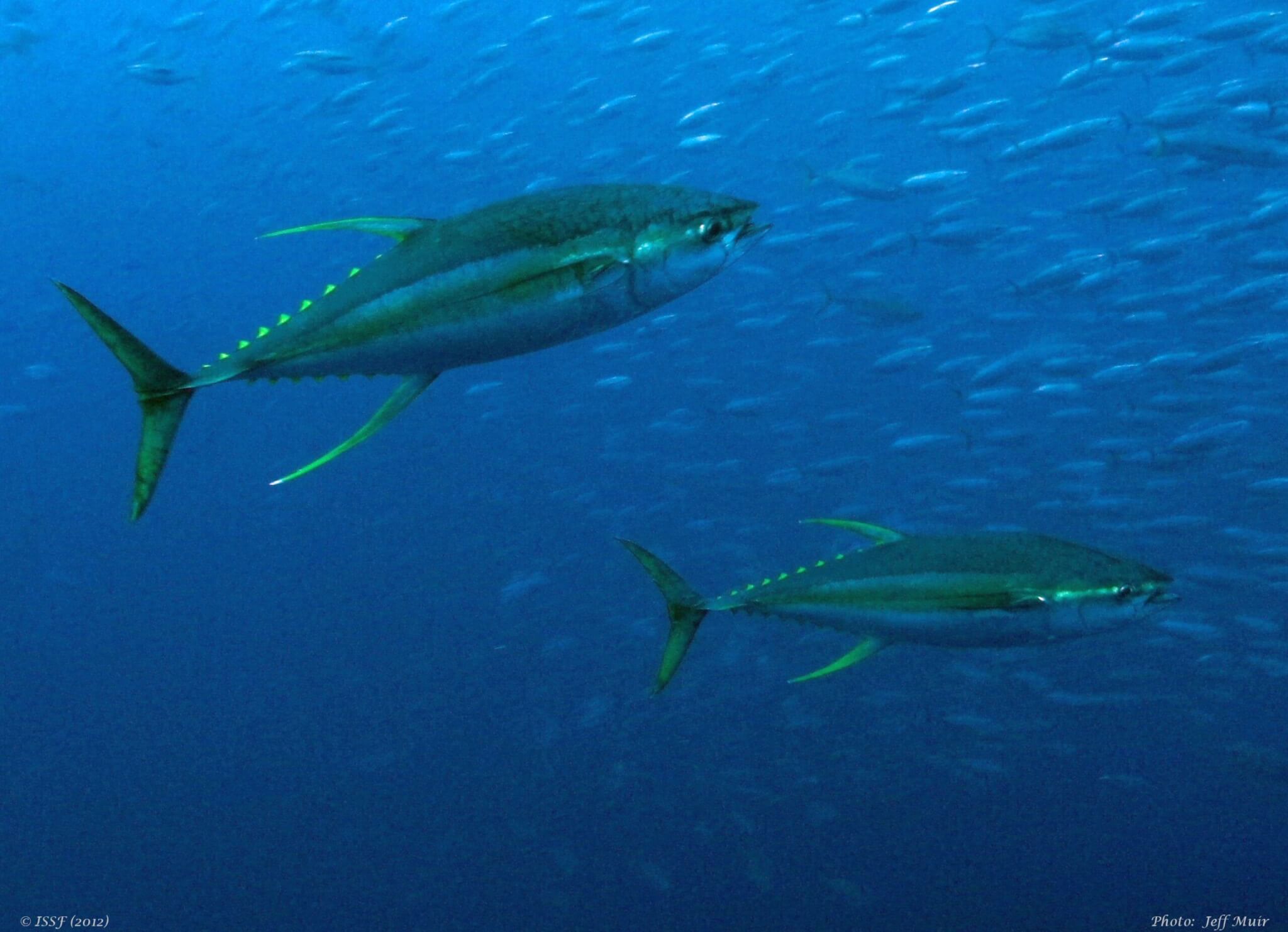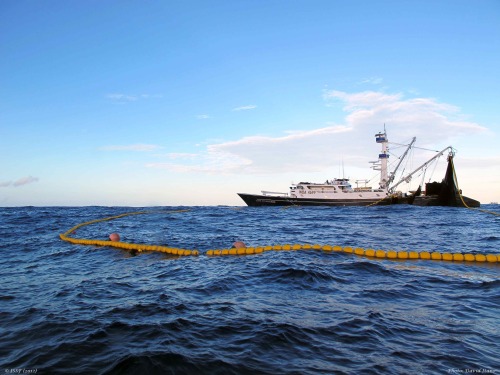
Home » About ISSF » Who We Are
Board of Directors
The ISSF Board of Directors is a diverse group of leaders from non-governmental organizations, marine science, government agencies, and the seafood industry, representing several countries.
ISSF Board members advance the mission of the Foundation, including through the development and adoption of ISSF conservation measures, to which ISSF participating companies commit to conform.
Board of Directors
Tony Lazazzara
Chair, ISSF Board of Directors & Director of Global Fish Procurement, Thai Union Group
Dr. Rohan Currey
Vice Chair, ISSF Board of Directors, & Chief Science & Standards Officer, Marine Stewardship Council
Susan Jackson
President, ISSF
Javier Garat
Secretary General, Spanish Fishing Confederation, Cepesca & Chairman, Association of National Organisations of Fishery Enterprises in the European Union (Europêche) & Chairman, International Coalition of Fisheries Associations (ICFA)
William Gibbons-Fly
Executive Director, American Tunaboat Association (ATA)
Ben Gilmer
Chair, ISSF Environmental Stakeholder Committee & Director, Large-Scale Fisheries, The Nature Conservancy (TNC)
Ichiro Nomura
Fisheries Policy Advisor, Ministry of Marine Affairs and Fisheries, Republic of Indonesia
Dr. Victor Restrepo
Vice President, Science & Chair, Scientific Advisory Committee
Dr. Andrew Rosenberg
Marine scientist & Environmental and Science Policy Expert
2023–2027 Strategic Plan
Learn about our new five-year goal for sustainable tuna fisheries — and our approach to achieving it.
Annual Report
Explore “Transparent Accountability Across Tuna Fisheries” — our 2021 Annual Report, including a welcome message from the Board Chair.
Sign Up for E News
Stay up to date on ISSF’s activities and contributions in sustainable fishing by receiving our weekly e-newsletter.
ISSF’s E News highlights conservation measures and compliance results, new reports and infographics, helpful tools and resources, and media coverage about ISSF.

